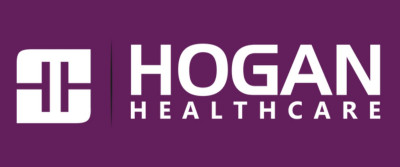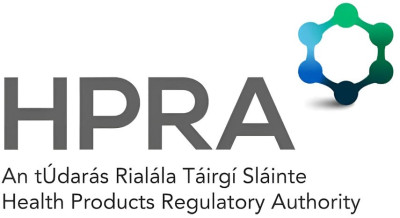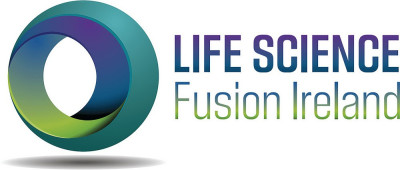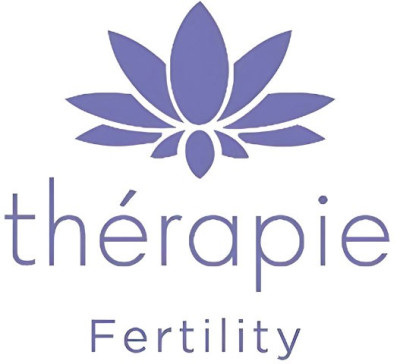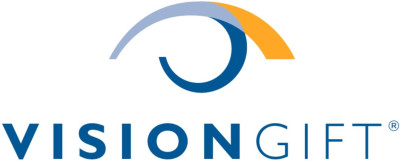Escrow biostorage is a critical method for the secure and regulated preservation of valuable biomaterials, such as genetic samples, stem cells, tissues, and other biological specimens. This approach ensures that these materials are stored safely, maintained under optimal conditions, and accessed only under predefined terms agreed upon by all involved parties. In this post, we will explore the key components of escrow biostorage and its various applications in the biopharmaceutical and research industries.
Key Components of Escrow Biostorage
Effective escrow biostorage requires the implementation of several essential components to ensure the secure and compliant storage of biomaterials. These components focus on both the physical and regulatory aspects of storage, which are critical for maintaining the integrity and accessibility of stored materials.
Secure Storage Facilities: Facilities used for escrow biostorage must have precise control over environmental factors, such as temperature and humidity, to ensure that biomaterials are preserved under optimal conditions. These facilities should also implement advanced security measures, including restricted access, surveillance, and cybersecurity protocols like data encryption, to prevent unauthorized access and protect against potential breaches.
Monitoring and Documentation: Continuous monitoring of storage conditions is crucial. Data loggers and environmental monitoring systems track temperature and humidity levels, ensuring they remain within specified ranges. Detailed documentation of these conditions is maintained to support regulatory submissions and quality assurance. This documentation provides a comprehensive record that can be reviewed during audits and inspections, demonstrating compliance with regulatory standards.
Regulatory Compliance: Compliance with local and international regulations is essential in escrow biostorage. Providers must adhere to standards such as Good Manufacturing Practices (GMP), Good Laboratory Practices (GLP), and ISO certifications for biobanking. This compliance ensures that stored biomaterials are managed in accordance with ethical and legal requirements. Additionally, comprehensive documentation and traceability systems, including barcoding and RFID, are crucial for accurate tracking and management of samples.
Access and Control: Clear and legally binding protocols must be established to define who can access the biomaterials and under what conditions. These legal agreements outline the terms of storage, conditions for release, and the responsibilities of each party, ensuring that biomaterials are accessed and managed according to the agreed terms.
Applications of Escrow Biostorage
Escrow biostorage provides secure and compliant storage solutions across various applications in research, clinical settings, intellectual property management, and legal contexts. Below are some of the key applications where escrow biostorage is essential:
Research and Development: Academic institutions and biotech companies rely on escrow biostorage to securely store samples critical for ongoing and future research projects. This method ensures that samples remain available for verification of results or further studies, supporting long-term research initiatives. In clinical applications, escrow biostorage is used to store patient samples for personalized medicine, such as tumor samples for customized cancer treatments or stem cells for potential regenerative therapies.
Intellectual Property and Licensing: In the realm of intellectual property and licensing, escrow biostorage plays a crucial role in securing proprietary biological materials during patent applications or licensing agreements. This ensures that these materials are stored securely and accessed only under the terms agreed upon by the involved parties, protecting the interests of all stakeholders.
Legal and Dispute Resolution: In legal disputes, having an independent third-party escrow service to store biomaterials can be invaluable. Escrow biostorage provides an unbiased and secure location for the materials, which can be crucial in resolving disputes between stakeholders by ensuring that biomaterials are handled fairly and in accordance with legal requirements.
In the next blog post, we will discuss the best practices for escrow biostorage and explore the benefits that this method offers in terms of security, compliance, and risk management.




